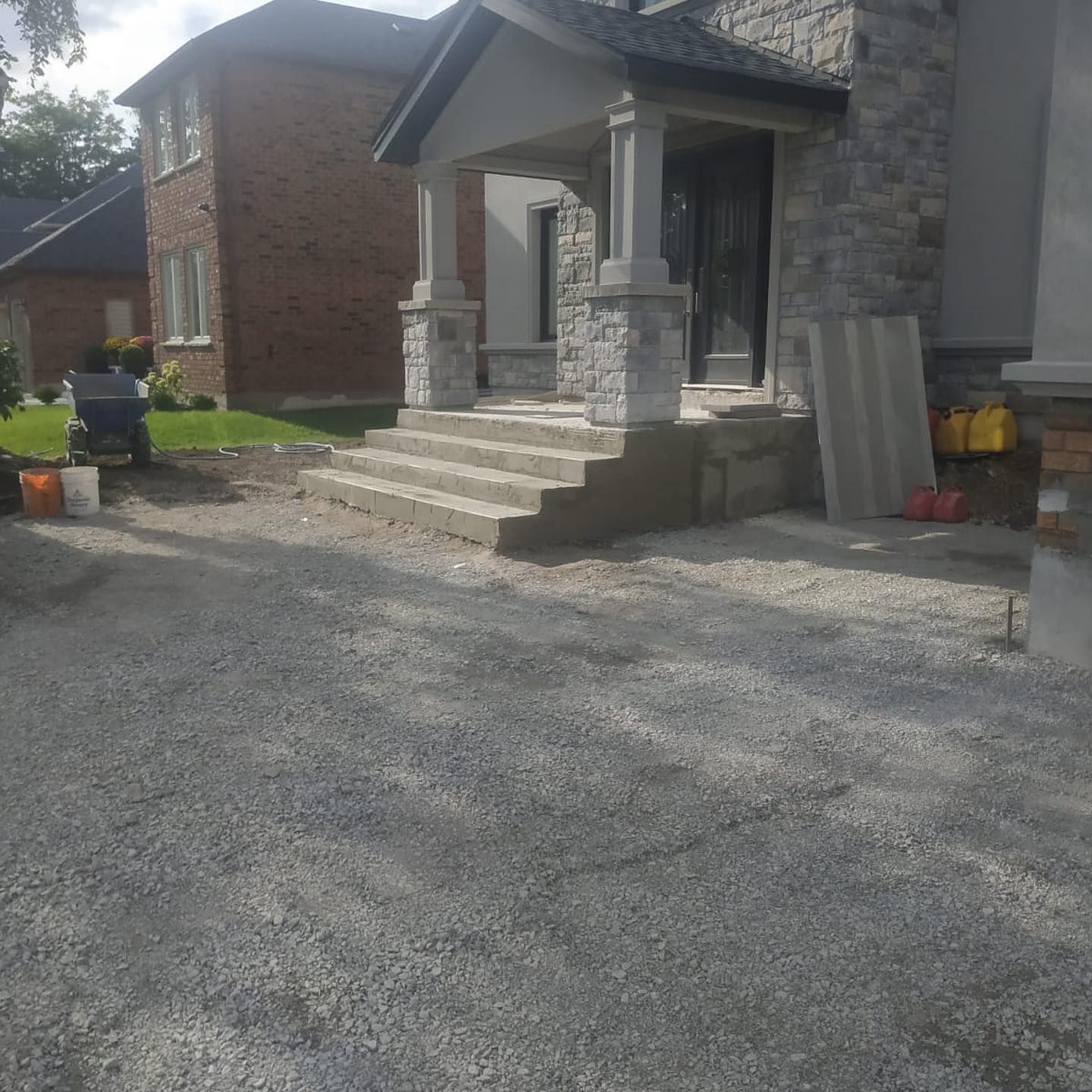
Interlock Pavers: Enhancing Aesthetics in Landscaping
When it comes to enhancing the visual appeal and functionality of outdoor spaces, interlock pavers have become a popular choice. These versatile building materials, often used in hardscape design, are known for their durability, ease of installation, and aesthetic versatility. In this article, we will explore the world of Interlock Pavers, their benefits, installation process, and various applications that make them an excellent choice for landscaping projects.
What Are Interlock Pavers?
Interlock pavers, also known as interlocking concrete pavers, are pre-cast, molded concrete blocks designed for use in outdoor applications. They are produced in a variety of shapes, sizes, and colors, allowing for a wide range of design possibilities. Interlock pavers are designed to fit together snugly, creating a pattern that not only adds visual interest but also prevents shifting or settling over time.
Benefits of Interlock Pavers
Durability: Interlock pavers are made from concrete, making them incredibly strong and long-lasting. They can withstand heavy loads, making them an ideal choice for driveways, walkways, and patios.
Versatility: These pavers come in numerous colors and designs, allowing for endless possibilities in terms of creativity and customization. Whether you prefer a classic or modern look, interlock pavers can accommodate your aesthetic preferences.
Ease of Repair: If one or more pavers become damaged or stained, they can be replaced individually without the need to redo the entire surface, saving time and money.
Low Maintenance: Interlock pavers are relatively low maintenance. Regular cleaning and occasional resealing are typically all that is required to keep them looking fresh and vibrant.
Environmentally Friendly: The manufacturing process of interlock pavers is relatively eco-friendly, as it often involves recycling materials. Additionally, their permeable nature allows rainwater to seep into the ground, reducing water runoff and aiding in groundwater recharge.
Excellent Traction: The textured surface of interlock pavers provides excellent traction, reducing the risk of slipping, especially in wet conditions.
Installation Process
Installing interlock pavers requires careful planning and precision. Here's an overview of the typical installation process:
Excavation: The area is excavated to the required depth to accommodate the pavers, base material, and sand layer.
Base Preparation: A layer of compacted crushed stone or gravel is laid to create a stable foundation for the pavers.
Edge Restraints: Edging is installed to contain the pavers and prevent them from shifting.
Sand Bed: A layer of sand is spread over the base material to provide a level surface for the pavers.
Paver Installation: The interlock pavers are placed in the desired pattern, starting from one corner and working toward the opposite edge.
Cutting and Shaping: Pavers at the edges and corners may need to be cut to fit properly.
Compaction: Once all the pavers are laid, a mechanical compactor is used to ensure they are firmly seated in the sand bed.
Joint Sand: Fine sand is swept into the joints between the pavers to help lock them in place and prevent weeds from growing between them.
Sealing: While not always necessary, sealing the pavers can enhance their appearance and provide extra protection against stains and weathering.
Applications of Interlock Pavers
Interlock pavers find applications in various outdoor landscaping projects, including:
Driveways: The durability and load-bearing capacity of interlock pavers make them an excellent choice for driveways, offering an attractive and long-lasting surface.
Walkways: Creating attractive and functional walkways in gardens, front yards, or commercial spaces is easy with interlock pavers.
Patios: Interlock pavers can be used to create beautiful and comfortable outdoor living spaces, enhancing the usability of your backyard.
Pool Decks: Their slip-resistant surface and customizable design make interlock pavers a smart choice for pool decks, where safety and aesthetics are essential.
Gardens and Landscaping: Interlock pavers can be used to build garden paths, retaining walls, and other landscaping features, adding structure and beauty to outdoor spaces.
Commercial Spaces: From parking lots to pedestrian plazas, interlock pavers are widely used in commercial landscaping due to their durability and visual appeal.
In conclusion, interlock pavers are a versatile, durable, and aesthetically pleasing choice for a wide range of outdoor landscaping projects. Their numerous benefits, ease of installation, and customizable design options have made them a popular choice among homeowners, landscapers, and architects. Whether you want to revamp your driveway, create a stunning patio, or enhance the visual appeal of your garden, interlock pavers can be the perfect solution to elevate your outdoor spaces.
Appreciate the creator